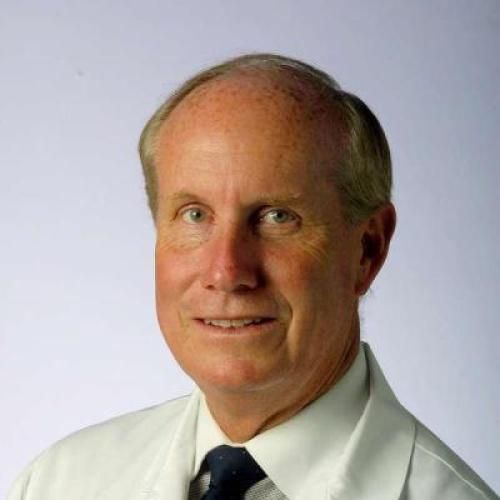
Discontinuing mechanical ventilatory support.
The ventilator discontinuation process is a critical component of ICU care. Ongoing ventilator dependency is caused by both disease factors (eg, respiratory, cardiac, metabolic, and neuromuscular) and clinician management factors (eg, failing to recognize discontinuation potential and inappropriate ventilator settings/management). A multispecialty evidence-based task force has recommended a series of guidelines that begins with a daily ventilator weaning screen focusing on disease stability/recovery, gas exchange, hemodynamics, and respiratory drive that should be done on every patient receiving mechanical ventilatory support. In those passing this screen, a spontaneous breathing trial (SBT) should be performed. The decision to remove the artificial airway in those patients successfully passing an SBT requires further assessment of the patient's ability to protect the airway. Managing the patient who fails the SBT is one of the biggest challenges facing ICU clinicians. In general, stable, comfortable modes of assisted/supported ventilatory support should be provided between the daily weaning screen/SBT. New evidence suggests that early tracheostomy placement may facilitate the ventilator withdrawal process in those patients requiring prolonged ventilatory support.
Duke Scholars
Published In
DOI
ISSN
Publication Date
Volume
Issue
Start / End Page
Location
Related Subject Headings
- Ventilator Weaning
- Tracheotomy
- Time Factors
- Respiratory System
- Practice Guidelines as Topic
- Humans
- Decision Trees
- 3202 Clinical sciences
- 3201 Cardiovascular medicine and haematology
- 1103 Clinical Sciences
Citation

Published In
DOI
ISSN
Publication Date
Volume
Issue
Start / End Page
Location
Related Subject Headings
- Ventilator Weaning
- Tracheotomy
- Time Factors
- Respiratory System
- Practice Guidelines as Topic
- Humans
- Decision Trees
- 3202 Clinical sciences
- 3201 Cardiovascular medicine and haematology
- 1103 Clinical Sciences

